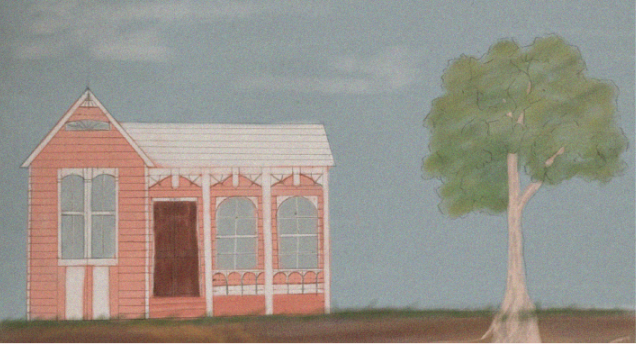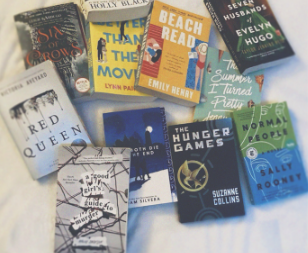
In times when technological advancement feels all-encompassing, and the realms of possibility seem endless, I often ponder what’s next. How far will society be pushed? We need not look any further than our screens for the answer.
“Black Mirror,” originally released to Netflix in 2011, is a British anthology series composed of 40-to-90-minute episodes. The series has been nominated for 16 Emmy Awards and has won nine. On Rotten Tomatoes, 10 of the 27 “best” episodes selected by the website are ranked 90% or higher, and three scored a perfect 100%.
With its pervasive cautionary tone, this dystopian science-fiction series warns watchers of the road our society could eventually travel down and the consequences that would ensue. By honing in on futuristic multiverses controlled by powerful technological innovations, “Black Mirror” presents us with a doomed prophecy for our society’s future.
In an interview with Channel 4 Entertainment, Charlie Brooker, one of the creators of the series, says, “Most shows exist to reassure people, and I kind of wanted to do something that would actively unsettle people.” He describes the show as a box of dark chocolate: Fans never know what they’re going to get, but they know it’s going to be dark.
Each episode of “Black Mirror” has a stand-alone plot and cast, with stories that range from suspenseful thrillers to heartwarming romances. Through it all, the premise remains essentially the same: A revolutionary technological invention disrupts human life in a setting not unlike our own. The series features a multitude of twists and turns built into narratives that often hit viewers too close to home.
At a first glance, it might look like the villain in the show is the technology, or the altered reality itself. Upon closer inspection, audiences begin to understand that the finger is pointed at the humans behind it all.
The pilot episode of the series, “National Anthem,” is one of the boldest to ever grace television. It showcases how high stakes and public pressure can influence people to do unimaginable things. The plot is comparable to witnessing a car crash: You don’t want to stare, but you can’t look away. There are clear demonstrations of the innate human fascination with exaggerated entertainment, exposing the public’s hunger for the humiliation of others.
“Black Mirror” showcases parallels to the popular 1959 series “The Twilight Zone,” which features science-fiction narratives that reflect an altered state of being. “Black Mirror” was intentionally inspired by aspects of “The Twilight Zone,” but is built on contemporary and futuristic ideas.
I started watching “Black Mirror” around the age of 10. I was too young to fully grasp the subtle implications of its reflection of real life, and I was certainly too young to process the sheer terror of it all.
My introduction to the show was the first episode of the third season, “Nosedive,” written by Michael Schur and Rashida Jones. In the episode, the protagonist is an insecure woman obsessed with how she is perceived in a world controlled by rankings and social media. After every online or in-person interaction she has, points are awarded to her on a scale from one to five. The same goes for everyone else. Each person’s overall ranking then determines their socio-economic status.
Although this concept sounds hyper-exaggerated, in this day and age, ratings follow us everywhere. Whether that be grades, Instagram likes or ratings on Uber, the relationship between social scores and perceived worth is undeniable.
Watchers of the show are frequently faced with an overwhelming reality check as they are forced to acknowledge and question the ways in which we consume media and navigate artificial intelligence. Media has a stronger hold on us than we may realize: quantifying our value, swaying our opinions and altering our relationships.
“Black Mirror” episodes are unique in content and composition, leaving audiences with valuable lessons about the power of humanity over technology. Noting the relevancy of “Black Mirror,” Brooker says, “It’s a show that’s worried about today.”






































